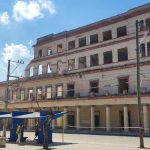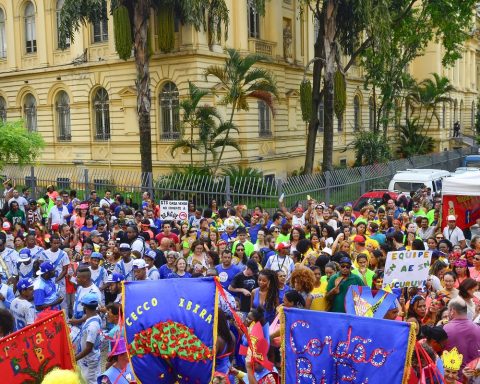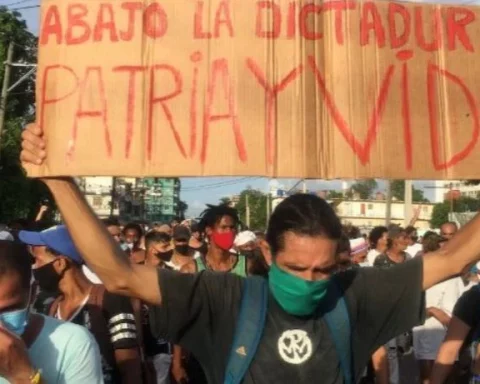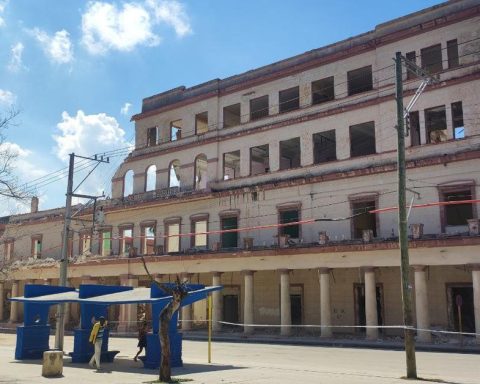L
he migratory flows that we have considered as forced, that is, people who mobilize out of necessity, according to the United Nations Organization (UN), reached 79.5 million people in 2019.
But the total number of migrants was 272 million, 51 million more than in 2010, 3.5 percent of the world population compared to 2.8 percent in 2000 and 2.3 percent in 1980. But it is necessary to reflect that almost two thirds are labor migrants, according to the same source, which would indicate that the economic model, generalized throughout the planet for more than 40 years, has been a cause to migrate.
The neoliberal model is in crisis, and when it feels threatened, it puts into action all the tools at its disposal to prevent a possible change. This explains the wave of far-right strategies that use disinformation as a mechanism for political instability and are achieving electoral success in countries of the global north.
Among the new advances, what is striking is what was achieved in Sweden by the ultra-conservative Swedish Democrats, which for the first time could form a government if they manage to strengthen alliances with other right-wing groups, and the list continues to grow, in Italy and the United Kingdom. What is very worrying is that all of them use the closure of borders marked by a clear racist and xenophobic ideology as a binding factor for political forces.
However, in the Latin American region a window for change is opening. Governments that seek to confront the terrible aggressions of the neoliberal model based on national welfare policies, which the Economic Commission for Latin America and the Caribbean (ECLAC) has characterized as the underlying structure of the culture of privilege
which has caused an enormous concentration of income, inequality, poverty and marginality, structural causes of underdevelopment and of the enormous migratory flows.
But it is very worrying that the extreme right, neo-fascism, is also expanding in the region. Very serious events such as the assassination attempt experienced by the Vice President of Argentina, Cristina Fernández de Kirchner; the coup in Bolivia that overthrew Evo Morales; the threat to Mexico of applying tariffs if it did not change its immigration policy; the appearance of the Vox party with its Madrid Charter, and in recent days the realization of the World Congress of Families; the sanctions imposed by Washington against Venezuela that have favored large migratory flows; 60 years of blockade against Cuba, which has cost the island billions of dollars and caused shortages of food, medicine, and Washington continues to disregard the call of the UN General Assembly to lift the trade embargo.
When we reflect on history, it is inevitable to remember the terrible blows suffered when Latin American theorists of the 1950s, 1960s, and 1970s proposed changing the course of the region from a Latin American perspective, diverse approaches in the search to overcome underdevelopment, dependence , the subordination of the countries of the region. Development models aimed at closing the serious asymmetries with the outside world were discussed. They managed to create an atmosphere of reflection highlighting the importance of the relationship between university and development, involving students, teachers, society. This extraordinary effervescence of change alerted the regressive forces that exerted all their power to silence that pleiad of thinkers in search of a fairer world. The cost was very high, the horrors of bloody dictatorships, disappearances, torture, death and exile.
Decisive moments are being lived in Latin America, it would be a huge setback to lose this opportunity for change. Hopefully the regional organizations will work together aiming towards the integration of the region.

















